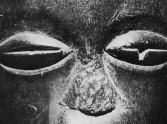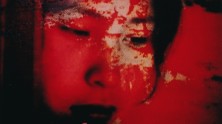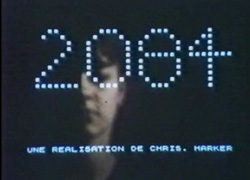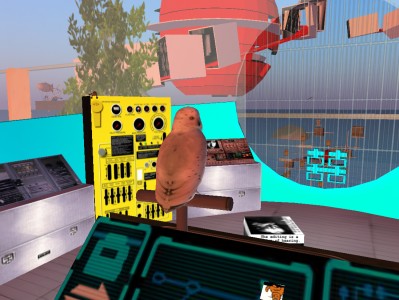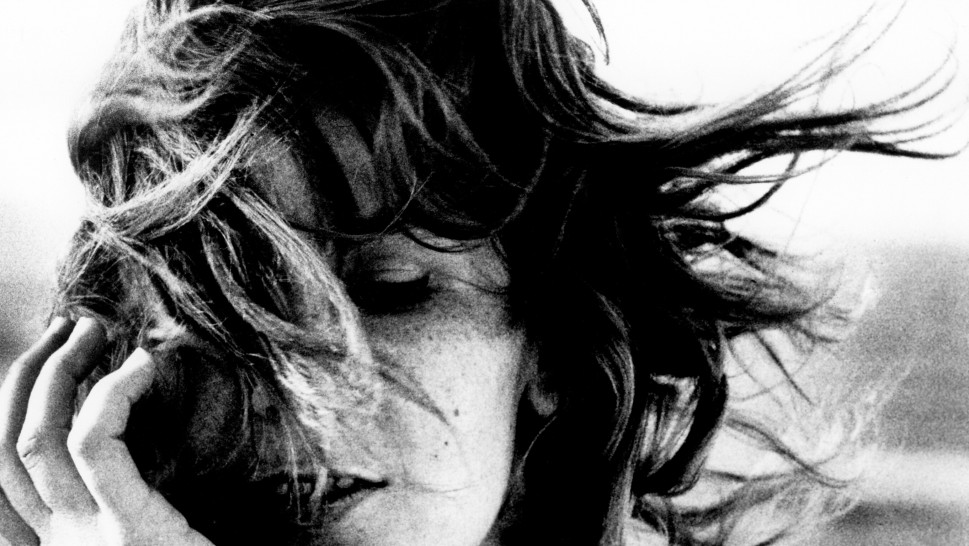
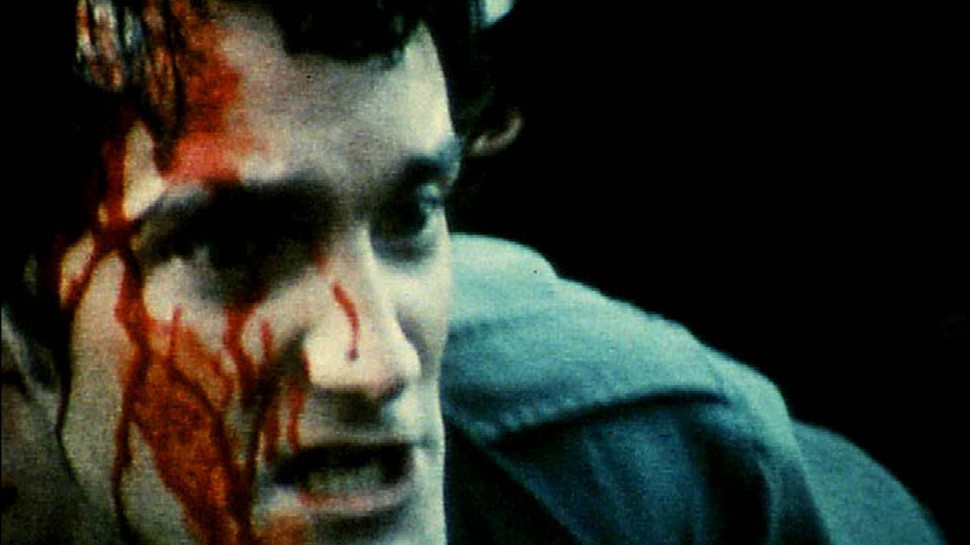

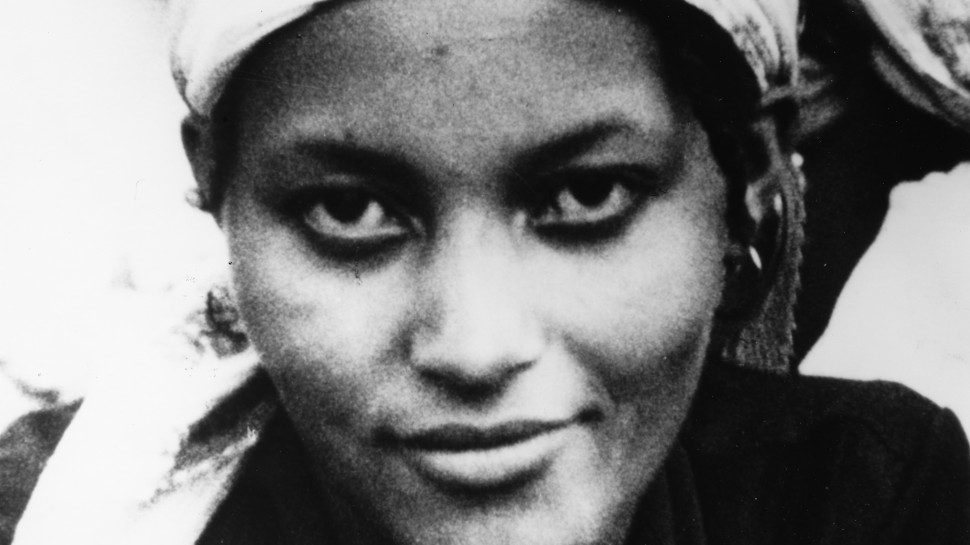
Chris Marker:
Guillaume-en-Égypte
Only one who loves can remember so well.
A poet of the trace who left precious few, Chris Marker (1921-2012) was born French but lived in the imagination. We might also know him as Sandor Krasna, Jacopo Berenzi, or the grinning Guillaume-en-Égypte (“a cat is never on the side of power”), the alter-egos and self-effacement in dialectical counterpoint to the essayistic voice that is quintessentially Marker: playful, skeptical, compassionate, lucid, curious above all. “This secret and unpredictable man,” recalled one of his earliest collaborators, “dressed unlike anyone else, always ready to defend lost and difficult causes.” As much a password as a pseudonym, the name Chris Marker first appeared in postwar France as a byline for cultural reportage, educational dossiers, travel guides, and a novel (Le Cœur net). Quixotic amalgamations of fact and speculation, these early texts are montage by other means.
Marker would subsequently date his own genesis as a filmmaker to 1962—the year he made Le Joli Mai and La Jetée, two wildly different yet complimentary meditations on time and collectivity—but already in 1958 André Bazin was crediting him with having “profoundly altered the visual relationship between text and image.” The French critic could not have anticipated that Marker would keep it up for another half century, transiting from Direct Cinema to photo montage, compilation film to collectively produced cinema, CD-ROM to Second Life. “The really interesting phenomenon is the totality of these forms of expression, their obvious or secret correspondences, their interdependence.” Marker wrote this about William Klein, a fellow free spirit in media, but as in Marker’s later film portraits, every appreciation doubles as a manifesto. More than any other filmmaker associated with the first flowering of the nouvelle vague, Marker embraced cinema’s impurities, ceaselessly experimenting with different technologies and rhetorical forms to glean the elusive muse of memory: personal, political, wounding, ever fragrant memory.
As a flaneur of history, Marker used his economic means of filmmaking to recover mislaid dreams of the future and forgotten memories of the past. “You never know what you’re filming,” says the narrator of A Grin without a Cat, addressing a series of images of a seemingly innocuous Chilean athlete who history would reveal as one of Pinochet’s generals. By scrutinizing how meaning evolves even as what is depicted remains fixed, the self-christened Marker reveals the latent pressures acting upon, and indeed creating, the present. “What we call the past is somehow similar to what we call abroad. It is not a matter of distance, it is the passing of a boundary”: Marker’s discursive narrations ferry the viewer across this boundary, making the familiar strange and the strange familiar.
Chris Marker: Guillaume-en-Égypte affords a rare opportunity to explore the far reaches of Marker’s wide-ranging body of work. Along with lodestars like La Jetée and Sans Soleil, we find collaborations with Alain Resnais and Joris Ivens, early impressions (¡Cuba Si!) and subsequent reassessments (The Battle of the Ten Million) of the Cuban Revolution, “cine pamphlets” produced for SLON (Société pour le Lancement des Oeuvres Nouvelles, or the Association for Launching New Works), a poetic denunciation of industrialized whaling (Vive la baleine), portraits of colleagues Yves Montand (The Loneliness of the Long Distance Singer) and Simone Signoret (Hommage à Simone Signoret), and many less easily categorized titles. A tireless explorer and benefactor of cinema (Patricio Guzmán recalls him smuggling the raw stock needed to make The Battle of Chile), Marker is simply irreplaceable. A year after his death, we may find ourselves wondering what he would make of the tragic logic by which winter seems to be following spring in the Arab world, or of an astonishing statistic like the 100 hours of footage that are uploaded to YouTube every minute of the day. Marker can no longer venture a response, but revisiting his work we may be surprised to find our present quandaries there waiting for us. – Max Goldberg, writer and frequent contributor to cinema scope.

